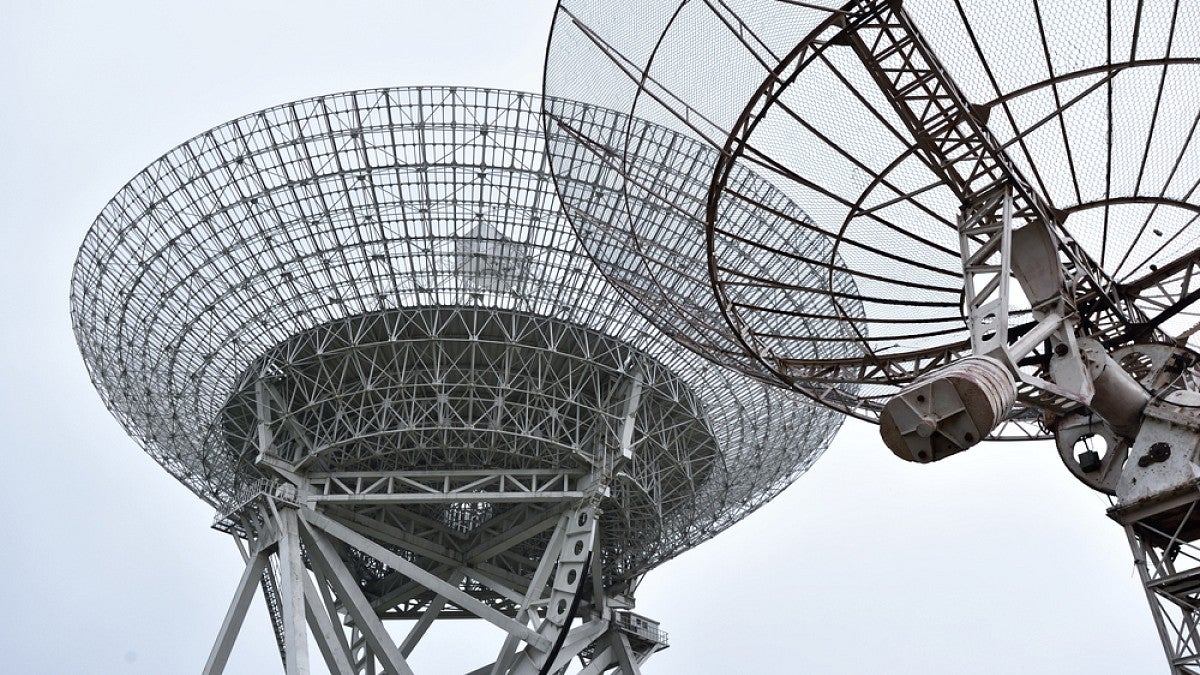China has made rapid progress in several areas of science, but because research there has closer ties to the nation’s political goals than in other countries, it remains to be seen how far it can go, a UO professor writes.
Richard Suttmeier, a Professor Emeritus of political science, wrote about China’s science goals and progress for The Conversation and also was interviewed by The New York Times for a story on Chinese supercomputer advances. He said Chinese science has come a long way in a relatively short time.
“In its quest for scientific achievement, China’s research and development spending has grown rapidly over the past two decades,” Suttmeier wrote in The Conversation. “It’s now second only to the United States. China has become a leading contributor to the world’s science and engineering literatures, with Chinese papers in selected fields attracting an increasing number of citations.”
But science in China is done in a political environment that is very different from that in other advanced nations, he says. That’s because the Communist Party plays a stronger role in research than political parties elsewhere.
Suttmeier says it remains to be seen whether science can truly catch up and pass other nations under such a system.
“China has certainly caught up in selected fields and, in some, is advancing the frontier,” he wrote. “But, whether this model of science-state relations is suitable, over time, for the kinds of original innovation and creative scientific breakthroughs envisioned by the leadership — and for managing the complex ethical issues arising from new technologies — are among the more intriguing questions about China’s future.”
For the full Conversation story, see “Inventing the future in Chinese labs: How does China do science today?” For the New York Times story, see “China Extends Lead as Most Prolific Supercomputer Maker.”


